Life's goes on!Instagram and Twitter : @shelinewidjaja_
Last active 60 minutes ago
Don't wanna be here? Send us removal request.
Text
When fathers realize their daughters aren’t as obedient as their mothers once were, it shakes more than just their expectations—it dismantles the illusion of control they believed they had. Their identity, once rooted in dominating, belittling, neglecting, and controlling their wives, begins to unravel. They find themselves speechless, unable to comprehend how a woman—especially their own daughter—could possibly have the strength to challenge what’s unjust.
What stuns them most is this: in their daughters, they don’t see a mirror of their submissive wives. Instead, they’re confronted with something far more unsettling—a sharper, bolder reflection of themselves, unafraid and unyielding.
#life reflections#family#feminism#toxic#masculinity#toxic masculinity#generational trauma#father daughter dinamics#patriarchy#breaking the cycle#resilient women#unlearning control#daughters of strong women#feminist awakening#healing from family trauma#girlhood#emotional abuse awareness#calling out abuse
1 note
·
View note
Text
People unsettle me in a way that’s hard to articulate. It’s not just dislike — it’s a deep, aching exhaustion. They overwhelm me, drain me, make me feel like vanishing. Their constant noise drowns out my own thoughts, until I can’t even hear myself anymore.
I struggle with how they offer love in fragments, yet accuse you of being too much when you give fully. They don’t want to understand — they want to control. And when you finally break under the weight, they walk away, blaming you for your cracks, as if perfection was ever owed.
It’s all so false. The fake concern. The empty words. The performative empathy.
So no, I don’t crave their love, their pity, or their noise. I crave space. I crave peace. I want to be free — from their shallow attachments and constant pretending.
#life reflections#quotes#love quotes#mentally tired#drained#quotes about life#personal thoughts#raw emotions#words wish i said#quoteoftheday#truth in words#pain in prose#writing prompt#tired soul#craving silence#introvert problems#fake empathy#yearning for peace#overstimulated#lonely but not alone#social burnout#emotional exhaustion#existentional dread#vent post#mental health#tumblr text post#relatable#deep thoughts#emotional writing#writing community
2 notes
·
View notes
Text
We are told that equality has been achieved—that the struggle is over, that the modern woman is free. She may study, speak, and work; what more could she want? But such proclamations ignore a deeper truth: that liberation in form does not ensure liberation in essence.
Power, when threatened, does not always retreat—it transforms. The patriarchy did not vanish; it learned to hide in gestures too familiar to question. It whispers in our upbringing, in the way a girl is taught to cross her legs while her brother sprawls freely; in the unspoken expectation that her hands will serve while his remain idle.
This is not the patriarchy of chains—it is the patriarchy of suggestion. It smiles as it silences, cloaking dominance in civility. And in doing so, it becomes all the more insidious, because it is difficult to name what does not announce itself.
To be a woman today is to live within this contradiction: to be told you are equal while being conditioned, subtly and continuously, to serve, to shrink, to bear. It is not oppression by decree, but by design. And that, perhaps, is the most sophisticated form of control—one that convinces the world it no longer exists.
That’s why I believe women carry an intense internal rage—one not born in a single moment, but inherited. It travels through bloodlines and bonds: from grandmothers to mothers, mothers to daughters, and from sisters to best friends. It is the quiet fury of generations who were told to smile instead of speak, to endure instead of resist. This anger is not chaos—it is memory. It is the soul remembering what history tried to erase.
1 note
·
View note
Text

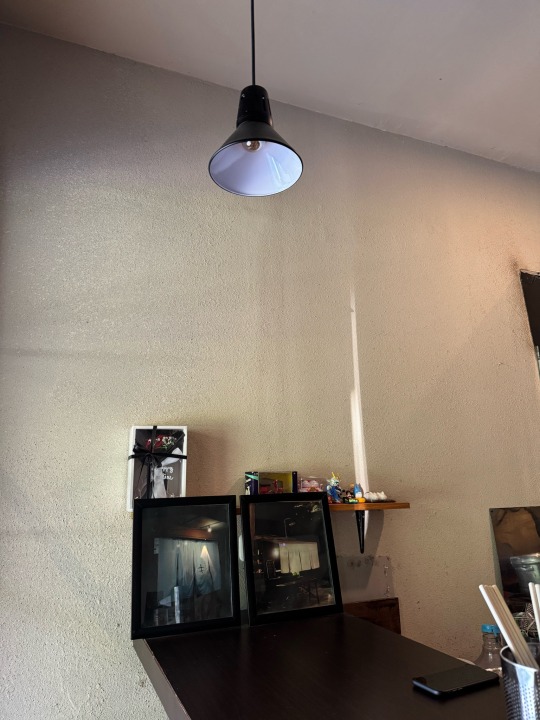

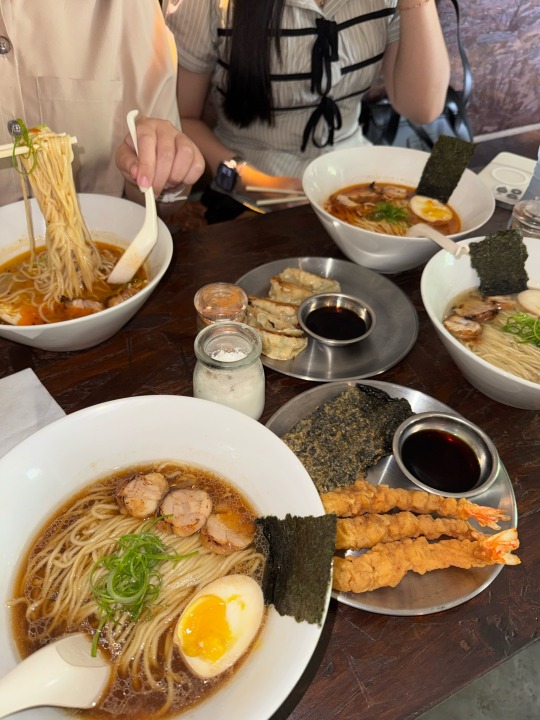


There’s a quiet frustration that arises when the yearning for romantic connection is met with the well-meaning but reductive advice: “You just need to love yourself.” While self-love is vital—an essential foundation for a healthy life—it is not, and has never been, a replacement for the love we seek in others.
Romantic love is not a symptom of self-neglect. It is a human longing as old as time itself—a desire to be seen, cherished, and intimately known by another. To wish for that does not mean one is incomplete or lacking in self-worth; it simply means one understands the beauty of connection.
Self-love can offer inner peace, but it does not echo the warmth of shared laughter, the comfort of an embrace, or the quiet joy of being chosen by someone else. These are gifts only another human being can offer.
I believe that humanity is sustained—and perhaps even defined—by the relationships we form. Romantic love is just one thread in the tapestry, woven alongside friendship, familial bonds, and the countless subtle ways we connect to others. Life, in its deepest form, is the pursuit of balance between these connections: between giving and receiving, solitude and togetherness, independence and intimacy.
Of course, balance is not always attainable. Life is imperfect. Our paths are uneven. But the pursuit itself—of harmony between self and others—is, I believe, the very essence of living.
These thoughts are not offered for debate. They are simply a reflection, a need to speak from the heart. Sometimes, the soul just wants to be heard.
#quotes#life reflections#reflection#journal#love quotes#connection#romantic#love#romantic love#self love#emotional honesty#philosophical thoughts#yearning#human connection#intimacy#longing#vent posts#personal musings#relationship thoughts#self worth#deep thoughts#love vs self love#feeling things#life and love#soft thoughts#existentialism#existential crisis#existentional reflections#poetic prose#tumblr disclosure
0 notes
Text
Wild things I have learnt in therapy:
When a child cries, parents are supposed to comfort them, not punish them
Parents are, in fact, supposed to want to spend time with their children
Children too have a right to privacy, meaning parents are not allowed to read their diaries etc and then punish them for the thoughts they found about
Children are allowed to be upset and cry
Children don't have to earn the love and attention from their parents by performing various things
Children are not supposed to be scared of going home and/or their parents
Children are not supposed to be physically abused and even a little bit of hitting is actually physical abuse
Parents are not supposed to expect that children are mentally as mature as other adults
Children are not supposed to be told that they're an accident, a burden, or something the parents regret
Children are not supposed to be scared and ashamed of themselves or feel like failures because of their parents
39K notes
·
View notes
Text
In my decluttering era.
Parting with material excess. Parting with the fear of change. Parting with energy-draining habits. Parting with energy-draining people. Parting with old, negative thought patterns. Parting with what doesn’t nourish my spirit. Parting with perfectionism and self-doubt. Parting with guilt associated with self-care. Parting with relationships that don’t uplift me.
2K notes
·
View notes
Text
The Pilgrim’s Journey: Inferno
Notes on Canto I
First and foremost, thank you for tuning into my little corner of the wide, wide internet. What I’m doing here is very simple. I’m reading, annotating and writing about Dante Alighieri’s Divine Comedy, the medieval masterpiece that, in the opinion of many Italians, is their country’s best written work. I’m doing it for a couple reasons. One; I’ve always been interested in this bigger than life epic. Two; In the spring semester, I’m planning on taking a course about the Comedy in general. Three; I’m looking for more inspiration for my writing and turning to anything Italian always seems like a good idea in my mind.
Before we dive in, let me tell you a bit about myself so that you know who I am, what I do, and what are my aspirations. I am a student in university who is pursuing a degree in both English literature and political science. I have sold and published two short stories to literary magazines that are more behind the scenes of the literary community. I work as a waiter at a local restaurant in my town. What else, what else? I guess I can tell you that I love to travel, write, and I have an adorable Australian Shepherd named Rocky, but to anyone else but me, it’s Rockwell.
Now, full disclosure: to keep this post short, I will make a separate post soon about the life of Dante and other good to know facts that will help any reader understand the comedy a lot better. For now, though, I think we are all ready to dive in.
Canto I
In the first stanza of the epic, the reader finds Dante in the middle of nowhere with “the right way blurred and lost.” The reader can assume that Dante is disoriented, confused. Can you imagine what you would feel like if you closed your eyes softly and woke up in the middle of nowhere?
Stanza four moves on to imply something very relevant and sets the course for the entire comedy. It reads, “I do not know, I cannot rightly say, how first I cam to be here – so full of sleep, that moment, abandoning the true way on.” With the words, “the true way on,” it’s safe to say that Dante was knocked off course when he was heading to where he was destined to go. Now, there is no explanation for any of this, but it’s bound to come in the upcoming cantos and even further along. The wording, however, can softly whisper that he has somehow fell of the path of righteousness that was perhaps slowly leading him to Heaven.
In stanza six, there is an odd allusion that could be an almost impossible path to reach Heaven. “I looked to that height and saw its shoulders already clothed in rays from the planet that leads all others, on any road aright.” While it can be interpreted as the path directly to Heaven, it can also be made out to be the bridge between the living and the dead, the path that could also be the one in which Dante was knocked off course. From this moment on, Dante attempts to travel onwards towards the light that supposedly represents the path.
However, in the next couple stanzas, Dante is met with severe challengers that will prevent him from reaching the goal. He is intimidated by a leopard, a lion, and a she-wolf, all of which holding some sort of significance that could potentially point out what is to come next. The leopard serves a symbol of lust, almost false pleasures. This is a rather interesting symbolism given the idea that if he were to ignore the leopard, thinking he was closer to a much safer realm after being closer to it, the leopard would pounce on him and tear Dante from limb to limb. The lion is the representation of pride, being that one soul may walk past, thinking nothing can stop them but then comes the lion to bring about a savage death. The she-wolf represents greed. All three of the symbols behind the beasts fall under one specific theme; these characteristics are all sins of man, and during the time behind in which Dante was alive, these were forces corrupting civil and sound life in Florence.
It is in Line 58 where the image is made out; “The brute which knows no peace came ever nearer me and, step by step, drove me back down to where the sun is mute.” Right here, Dante becomes a victim of his fear, which is an aspect that’ll become a reoccurring theme during the cantos of the Inferno.
It is back down in the abysmal-like darkness where Dante becomes acquainted with a very important figure. Dante, seeing his shadow for the first time, calls out for the unknown figure to “have mercy” on him, whether he is “shadow or truly man”. The shadow then begins to make himself known by introducing him in a similar fashion to foreign characters encountered by Odysseus in “The Odyssey.” It is an old style that may very well stem from the pre-Christian times. He speaks of his past, first saying, “I was born, though late, sub Iulio*. I lived at Rome in good Augustus’ day, at times when all the gods were lying cheats. I was a poet then. I sang in praise of all the virtues of Anchises’ son. From Troy he came – proud Ilion razed in flame.” Right then and there, Dante and perhaps the more sophisticated reader have already concluded that this is none other than the infamous Virgil, the mind behind the Latin epic of “The Aeneid”. Dante then begins to praise Virgil about his influence on his own style. He then tells Virgil of the she-wolf that has forced him back down to these depths.
What stands out in that particular confession is the fact that while there were three beasts that in a way cornered Dante, he only mentions the hungry she-wolf. This could be a major illusion as to what was the main cause of corruption in Florentine politics during that time, and also a message saying that the ultimate exploiter of capitalistic societies is man’s ability to plunge deep into the sin of greed.
Virgil assures Dante there is another way to get out of the abyss but that he must prepare himself for it is a long, arduous journey. He tells Dante that he will be able to take him to a place where he will “hear shrill cries of desperation” and “see those souls that live in fire.” In retrospect, Virgil knows that he’ll only be able to walk Dante through Hell and Purgatory, but not Heaven, which is evident as in Line 124, he says, “Reigning on high, there is an Emperor who, since I was a rebel to His law, will not allow His city as my goal.” Virgil can never reach Heaven as he was a pagan before the birth of Christ, yet he never committed any great atrocity or sin. Hence, Purgatory was more suited for him.
It is after this, the two poets decide to move onward with their journey.
sub Iulio means "under Julius"

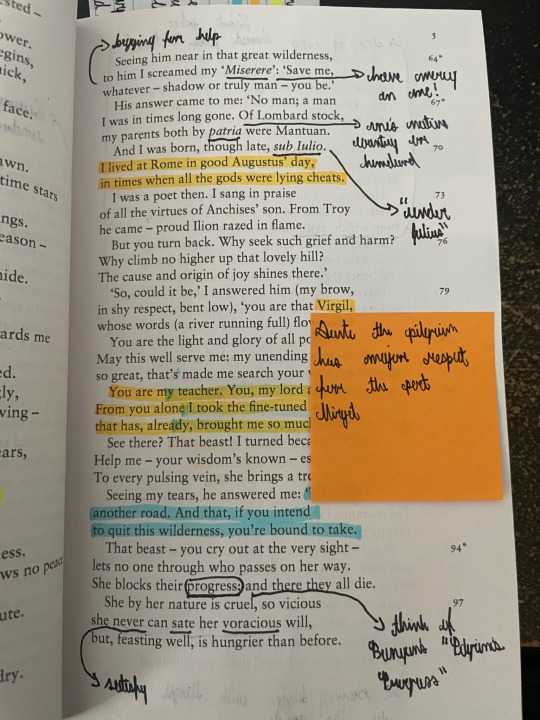
12 notes
·
View notes
Text
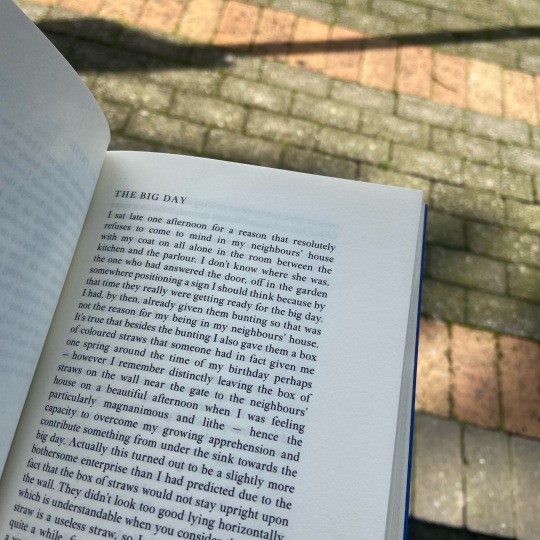




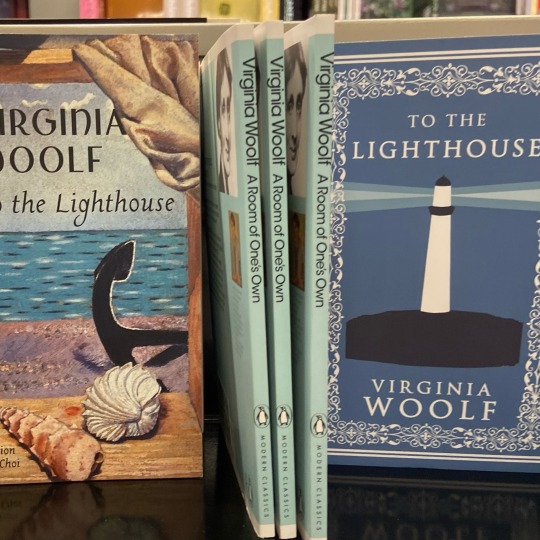
260623.
morning light can make the most vulgar things tolerable
351 notes
·
View notes
Text
The Paradox of Lucifer: A Reflection on the Unattainable Quest for Love and Life
A Provoking Though about Dante’s Inferno
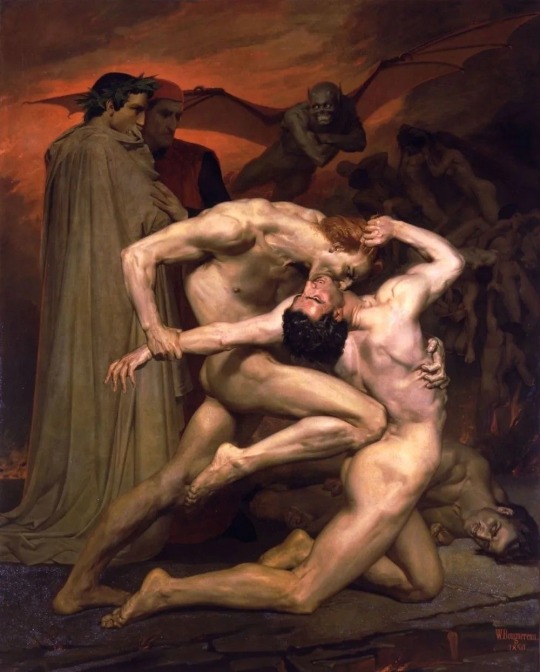
A thought-provoking interpretation, inspired by Dante's "Inferno," brought forth the idea that Lucifer's fall from grace was not due to a rebellion against God, but rather an insatiable quest to comprehend the nature of love and life. Lucifer, the angel who once loved God with an intensity that encompassed knowing, understanding, and feeling, sought to delve into the depths of love itself. His desire was to fully fathom love and life, a noble aspiration, but one that was destined to be thwarted.
The notion that love is fundamentally unknowable in its entirety became the cornerstone of Lucifer's downfall. It was an unattainable goal, for love transcends human comprehension. The more he pursued this boundless knowledge, the further he drifted from the divine, ultimately condemning himself in his relentless pursuit.
This raises a profound question: Why do humans find themselves on a path leading either to heaven or hell? The interpretation posits that hell is not reserved for those who are inherently evil but rather for individuals whose love and desires are so overwhelming that they consume them. In their relentless pursuit of the unattainable, they lose themselves, distancing from God, the ultimate source of love and life.
On the other hand, heaven is depicted as a state of being where the burden of excessive expectation and anxiety is lifted. It is a realm where love is not a relentless pursuit of control, but an acceptance of life as it is. In this interpretation, heaven is synonymous with embracing life without attempting to dominate it, thereby experiencing the benefits of living in the moment, without the constant need to understand and control everything.
Lucifer's character is reframed in this context. He is no longer portrayed as an evil entity to be feared but rather as a tragic figure. Lucifer's relentless ambition, his desire to transcend his own limitations and understand the ungraspable, serves as a cautionary tale. His story reminds us of the dangers of overreaching our own capacities and the consequences of striving for the unattainable.
This unique interpretation invites us to reconsider the story of Lucifer and the concepts of heaven and hell. It emphasizes the dangers of being consumed by one's desires and the impossibility of fully comprehending love and life. Ultimately, it encourages a more empathetic perspective on Lucifer's character, one that highlights his tragic nature as a symbol of the human propensity to reach beyond our limits. Additionally, it underscores the timeless relevance of Dante's work, which continues to offer valuable insights from multiple perspectives.
20 notes
·
View notes
Text
A Reflection on Self-Repugnance and Uneven Judgments
In the darkest hours of the night, my mind betrays me, compelling me to revisit the repugnant memories of my past. I am haunted by the countless deeds I have inflicted upon others, knowing full well their wickedness. A pervasive sense of self-disgust washes over me, smothering any flicker of self-compassion that might dare to remain.
In these moments of introspection, I find myself pondering an unsettling question: do those who have wrought heartache and misery upon me feel a similar revulsion for their actions? Does remorse visit them in the depths of their conscience as it does me? I am plagued by regret, knowing that I, too, have been a perpetrator of harm.
It has become increasingly apparent that I am now viewed through a different lens by those around me. I sense an aura of disdain and resentment, as if I were an outcast in my own life. No matter the lengths I go to in an attempt to atone for my past misdeeds, it feels as though my efforts are futile, as if the repercussions of my actions echo through my existence like an unending series of falling dominos. This realization fills me with a seething anger, directed both at myself and at those who wronged me.
I once professed to have forgiven those who transgressed against me, but the veracity of that statement now elicits doubt. The bitterness still festers within me, unrelenting, refusing to dissipate. I am trapped in a web of self-loathing, unable to grant myself the clemency I once extended to others.
This paradox of moral dissonance troubles me deeply. Why is it that, when I perpetrate heinous acts upon others, I am consumed by guilt, while those who have inflicted similar pain upon me remain seemingly untouched? It is an imbalance that weighs heavily on my mind, fueling a relentless inner turmoil.
My feelings of inadequacy are not limited to my past actions; they extend to my very identity. I am burdened by a fear of being perceived as different, of not conforming to societal norms. The anxiety of judgment from those around me is a constant presence, haunting me in the daylight hours. I am left to wonder why individuals who embrace their uniqueness, who dare to diverge from the well-trodden path, do not experience the same level of scrutiny.
The measurements by which society judges individuals remain elusive, ever-shifting and inconsistent. The unfairness of it all gnaws at my soul, reinforcing my sense of isolation and alienation. It is a reality that I can neither escape nor accept, as I navigate the treacherous waters of self-doubt and societal expectations.

0 notes
Photo

Aimé Césaire, from The Complete Poetry of Aimé Césaire; “The Woman and the Flame,”
8K notes
·
View notes
Photo
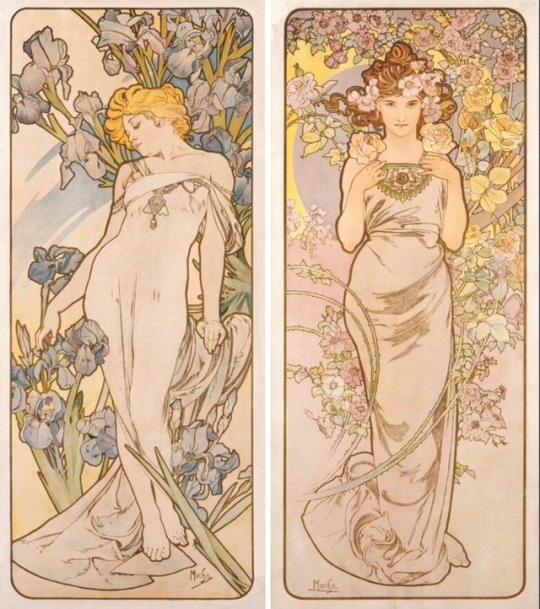

Alphonse Mucha. Iris, Rose, Lily & Carnation (1898)
76K notes
·
View notes












